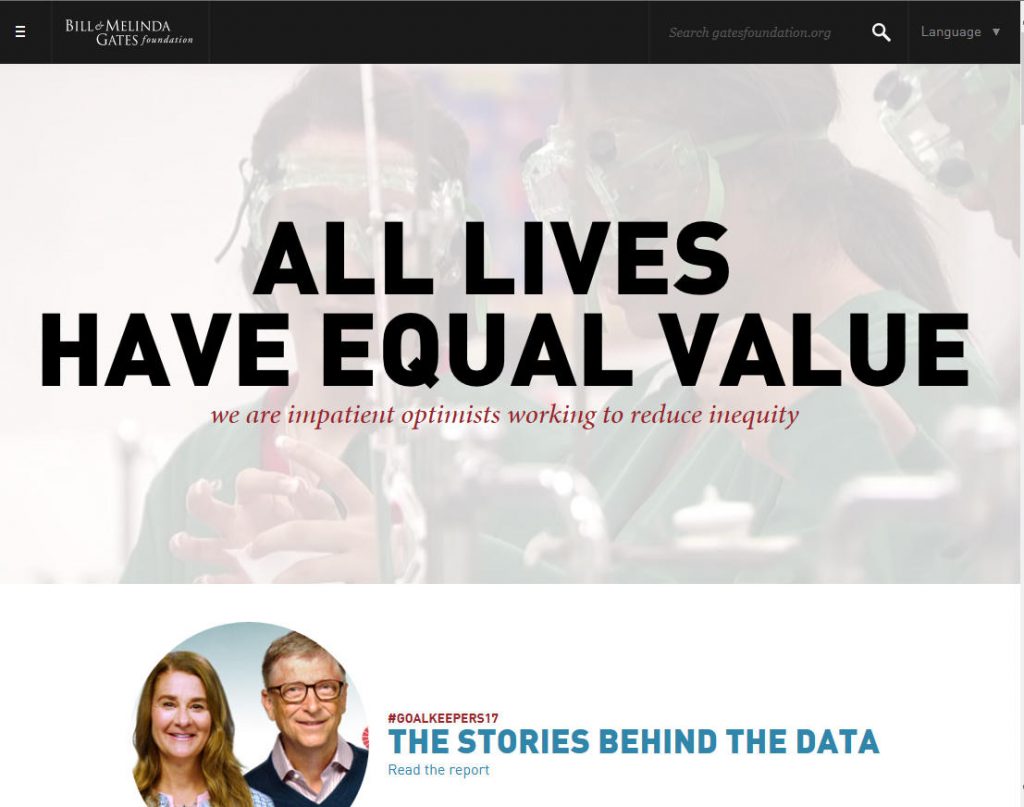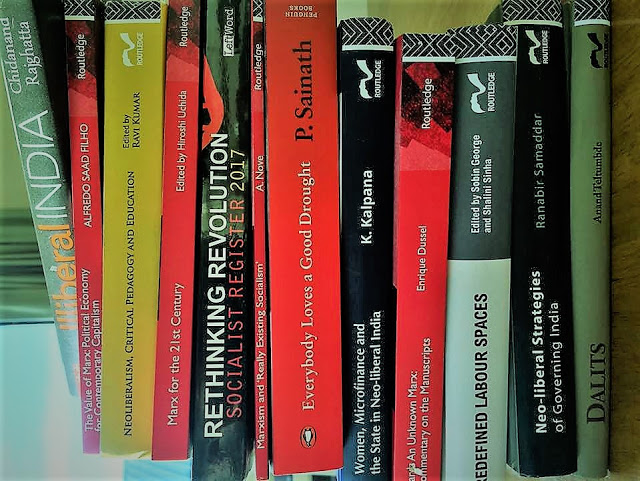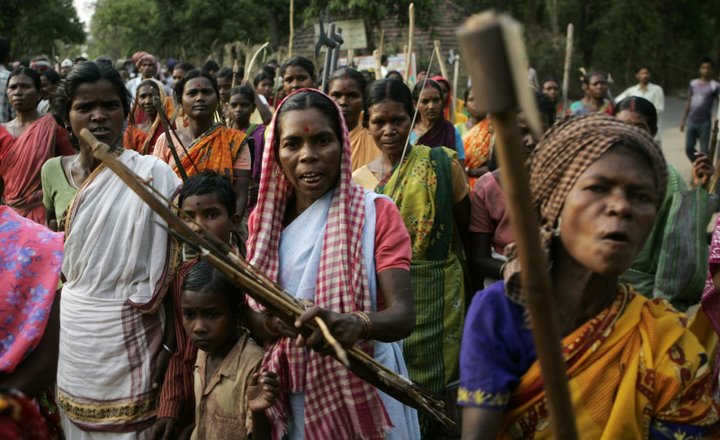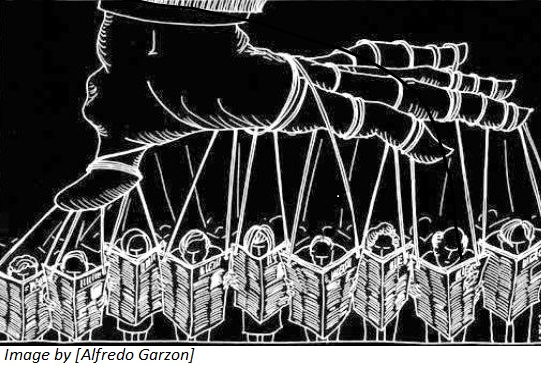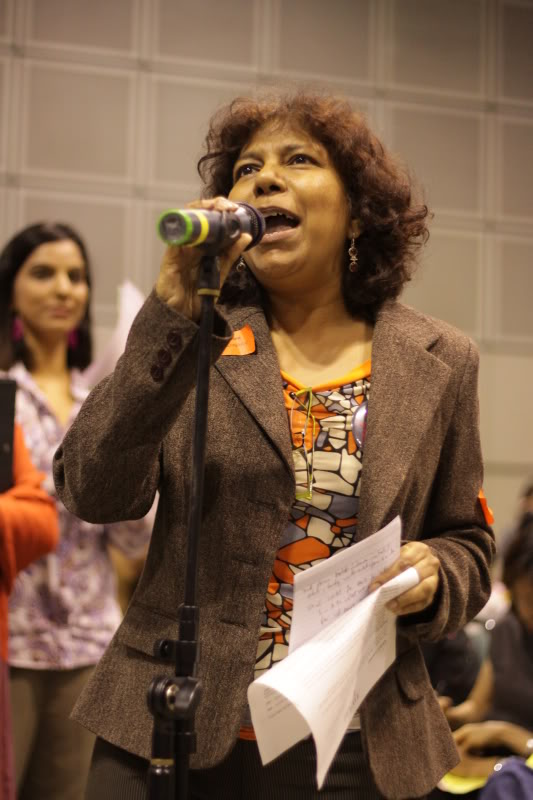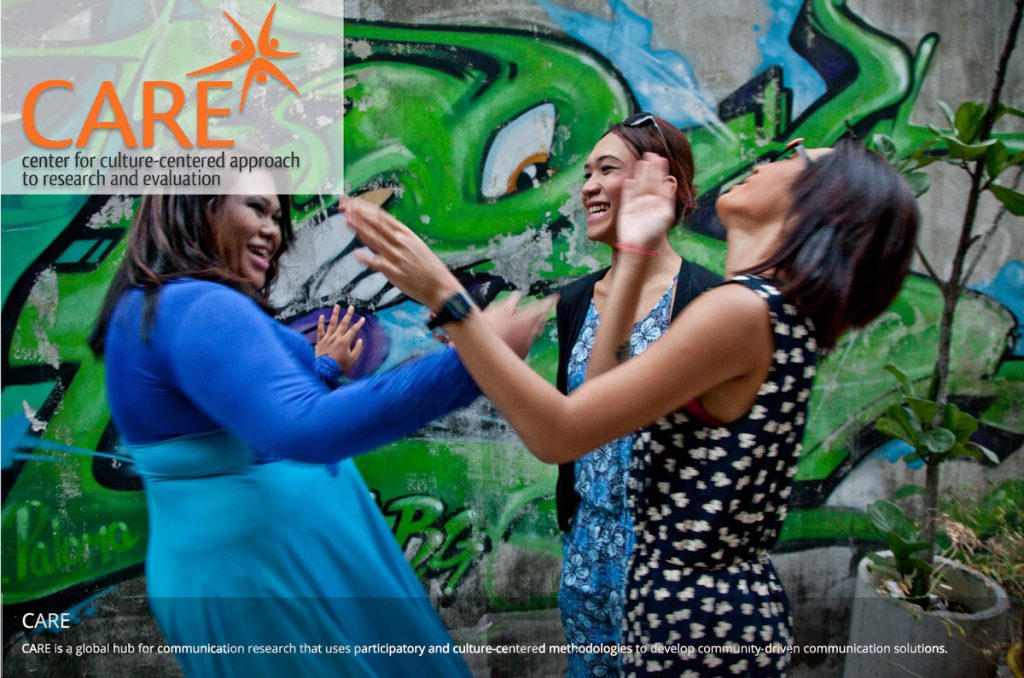
BJP propaganda driven by deportation of “illegal” Muslim immigrants
Rendering four million people, almost all Bengalis and largely Muslim, stateless, the National Register of Citizens (NRC) in Assam has given a state-driven political face to the ongoing attacks on minorities across India.
The NRC, a list of people that can prove they came to the state on or before March 24, 1971, the day Bangladesh secured independence, is an extension of the broader climate of hatred and fear of the “other” stoked by the Hindutva forces across India.
The erasure of citizens from the NRC serves as the fundamental basis for their erasure from the right to land, right to vote, and freedom. Without access to structures of justice, the four million citizens rendered stateless are also rendered vulnerable to a broader climate of violence where lynchings and murders of minorities have become the norm. The normalization of hate goes hand-in-hand with the normalization of the exclusion of minorities.
The propaganda around the illegal Bangladeshi immigrant has been systematically catalysed across Assam to create the grounds for the politics of exclusion. The image of the Muslim infiltrator from Bangladesh is circulated through media images and everyday discourses, with the threat of the “other” infiltrating and colonizing state-driven resources.
The campaign of hate carried out by the ruling Bharatiya Janata Party (BJP) has been driven by the narrative that the illegal Muslim immigrants will be deported. This targeting of illegal Muslim immigrants is juxtaposed in the backdrop of the Hindutva agenda of the BJP, with Prime Minister Narendra Modi expressing his preference for Hindu Bangladeshi migrants and the BJP considering the introduction of a bill that would offer legal rights to Hindu migrants. The stage for this politics of exclusion had been set much earlier with the Assam accord that gave legitimacy to the xenophobic response to the “other.”
To draw from Hannah Arendt, citizenship acts as the basis for the “right to have rights.” Fascist regimes driven by hate therefore specifically work on the mechanisms of erasing citizenship of minority communities, then turning these stateless bodies into sites of violence. Once these communities can be marked as the other of the state, their access to fundamental resources of livelihood are erased and they are subjected to various forms of state-driven oppressions.
Stateless people are often the targets of a wide range of societal violence, often without access to juridical structures and processes. Integral to the large-scale deployment of violence is the marking of the other as without citizenship rights, and therefore, without the right to be counted.
Moreover, the precarity of the largely poor Bengali Muslim communities working under conditions of exploitation over generations is further rendered vulnerable in conditions of statelessness. The symbolic marking of the other as without citizenship is intrinsically tied to the material exploitation of the other and the systematic perpetuation of oppression. Even as the NRC offers a framework for appealing the exclusion, the complexity of the legal processes of appeal make it particularly difficult for the margins to access. The NRC as a framework therefore disproportionately targets poor minorities who have over generations formed the backbone of the economy.
The sham of the NRC process in Assam being a secular process starts falling apart when interrogated for the logic for the organizing of the NRC. That the NRC is established on the fear of the illegal Bangladeshi Muslim immigrant disrupts any claim to secularism underlying the NRC.
The deployment of citizenship as a category for marking the “other” catalysed by the Hindutva forces follows the nation-wide top-down implementation of the Aadhaar card as a tool for identifying citizenship, evaluating eligibility to state provisions, and allocating resources. The seduction of technology works alongside a fascist framework for marking the other of the state and differentiating this other from the citizen, working in complementary ways to achieve the Hindutva agenda.
The limits of the technology and its techniques, its failures in implementation are however left out of the seductive appeal of the solution to governance. That many individuals who have not been named on the list have lived in or have ancestors living in Assam from before 1971 needs to be foregrounded, pointing to the limits of the techniques of marking and identifying. As an instrument of governance then, the effectiveness and efficiency of the NRC ought to be interrogated from within its internal logics.
Beyond questioning the techniques of marking citizens however, the very basis of the Assam accord needs to be critically interrogated. The idea that citizenship can be reproduced as a category to exclude and to legitimize violence needs to be examined. The arbitrary marking of 1971 as the year for determining who is a citizen and who is not needs to be brought under scrutiny.
The recognition of the very complexity of the ethnic composition of Assam amid histories of movements and migrations across West Bengal, Bangladesh and Assam offers a framework for understanding the complicated nature of the citizenship question. Closely interrogating the very basis for how citizenship is determined, by whom, and under what power configurations offers new ways for thinking through the politics of belonging, and for organizing in strategies of resistance.
The NRC that renders 4 million Indians stateless shares in its framework the politics of hate that is evident in the deportations in the US organized by Donald Trump, in the treatment of Rohingya refugees across Asia, and in the treatment of refugees across large parts of Europe.
The deployment of hate as an instrument for organizing citizenship is dialectically related to the marking of the “other” of the state, the outside that must be targeted as a site of violence to mobilize affect and to continually create bodies for labour extraction without rights. The fascist politics of hate that underlies the rise of the politics of exclusion is a global phenomenon, which simultaneously releases large numbers of stateless bodies into the global flows of capital, labour, and precarity without access to structures for voicing rights.
Critically situating the politics of hate organized by the NRC in relationship with the global logics of hate as tools of exclusion from the state, from Myanmar to the US offers opportunities for considering the ways in which this politics of hate ought to be resisted locally, nationally, and globally.
Recognition of the interplays of neoliberalism and the fascist politics of exclusion offers a basis for transformative politics that undoes the normative ideas of citizenship. Resistance to the politics of exclusion ought to begin with interrogating the very idea of the citizen: who is the citizen and who is not, and the ways in which this relates to the global reproduction of precarity.
Finally, the politics of exclusion being mobilized by the NRC in Assam creates a moral opportunity for the neighbouring states to create a politics of inclusion by offering refuge to those rendered stateless, and doing so through the framework of rights.
It also creates an opportunity for progressive politics in India to open up altogether new possibilities for imagining a politics of belonging through acts of resistance that disrupt the very idea of citizenship, connecting the citizenship question to the question of capital.
(Mohan J. Dutta is Dean’s Chair Professor of Communication and Director of the Center for Culture-Centered Approach to Research and Evaluation (CARE) in the School of Communication, Journalism, and Marketing at Massey University).

